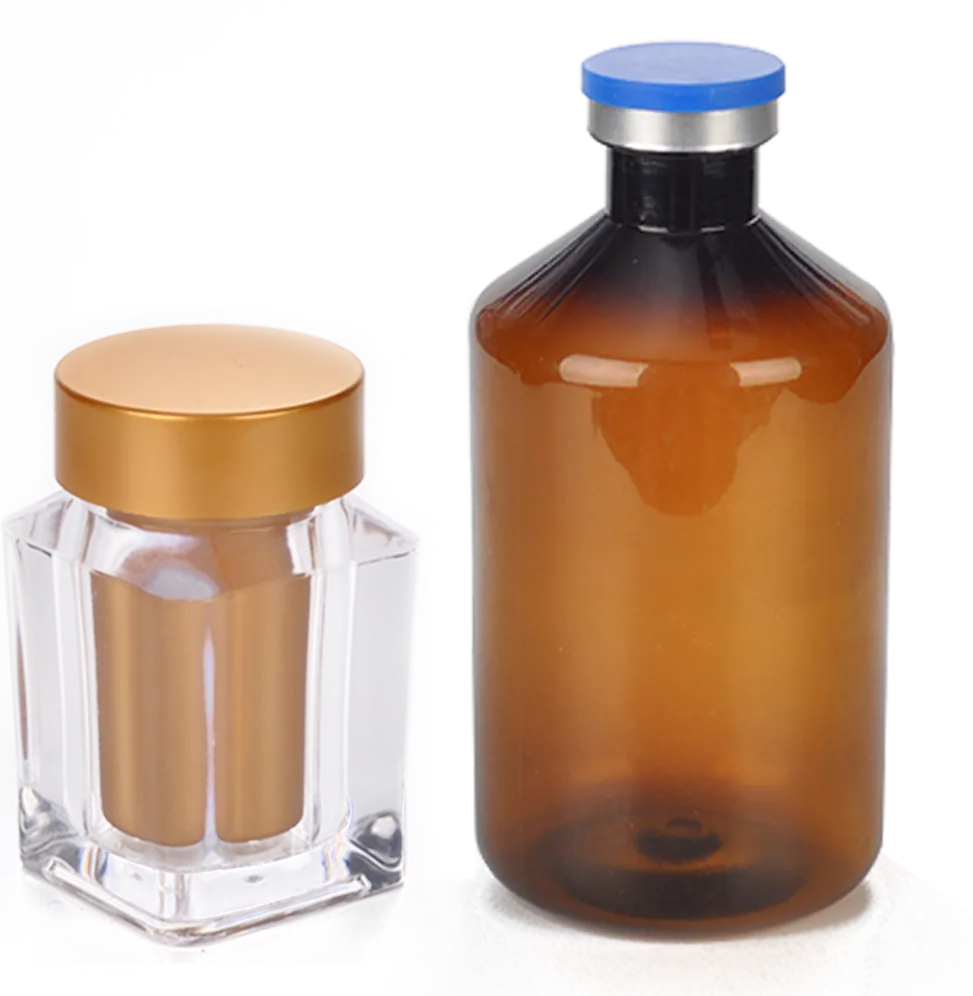
-
 Afrikaans
Afrikaans -
 Albanian
Albanian -
 Amharic
Amharic -
 Arabic
Arabic -
 Armenian
Armenian -
 Azerbaijani
Azerbaijani -
 Basque
Basque -
 Belarusian
Belarusian -
 Bengali
Bengali -
 Bosnian
Bosnian -
 Bulgarian
Bulgarian -
 Catalan
Catalan -
 Cebuano
Cebuano -
 Corsican
Corsican -
 Croatian
Croatian -
 Czech
Czech -
 Danish
Danish -
 Dutch
Dutch -
 English
English -
 Esperanto
Esperanto -
 Estonian
Estonian -
 Finnish
Finnish -
 French
French -
 Frisian
Frisian -
 Galician
Galician -
 Georgian
Georgian -
 German
German -
 Greek
Greek -
 Gujarati
Gujarati -
 Haitian Creole
Haitian Creole -
 hausa
hausa -
 hawaiian
hawaiian -
 Hebrew
Hebrew -
 Hindi
Hindi -
 Miao
Miao -
 Hungarian
Hungarian -
 Icelandic
Icelandic -
 igbo
igbo -
 Indonesian
Indonesian -
 irish
irish -
 Italian
Italian -
 Japanese
Japanese -
 Javanese
Javanese -
 Kannada
Kannada -
 kazakh
kazakh -
 Khmer
Khmer -
 Rwandese
Rwandese -
 Korean
Korean -
 Kurdish
Kurdish -
 Kyrgyz
Kyrgyz -
 Lao
Lao -
 Latin
Latin -
 Latvian
Latvian -
 Lithuanian
Lithuanian -
 Luxembourgish
Luxembourgish -
 Macedonian
Macedonian -
 Malgashi
Malgashi -
 Malay
Malay -
 Malayalam
Malayalam -
 Maltese
Maltese -
 Maori
Maori -
 Marathi
Marathi -
 Mongolian
Mongolian -
 Myanmar
Myanmar -
 Nepali
Nepali -
 Norwegian
Norwegian -
 Norwegian
Norwegian -
 Occitan
Occitan -
 Pashto
Pashto -
 Persian
Persian -
 Polish
Polish -
 Portuguese
Portuguese -
 Punjabi
Punjabi -
 Romanian
Romanian -
 Russian
Russian -
 Samoan
Samoan -
 Scottish Gaelic
Scottish Gaelic -
 Serbian
Serbian -
 Sesotho
Sesotho -
 Shona
Shona -
 Sindhi
Sindhi -
 Sinhala
Sinhala -
 Slovak
Slovak -
 Slovenian
Slovenian -
 Somali
Somali -
 Spanish
Spanish -
 Sundanese
Sundanese -
 Swahili
Swahili -
 Swedish
Swedish -
 Tagalog
Tagalog -
 Tajik
Tajik -
 Tamil
Tamil -
 Tatar
Tatar -
 Telugu
Telugu -
 Thai
Thai -
 Turkish
Turkish -
 Turkmen
Turkmen -
 Ukrainian
Ukrainian -
 Urdu
Urdu -
 Uighur
Uighur -
 Uzbek
Uzbek -
 Vietnamese
Vietnamese -
 Welsh
Welsh -
 Bantu
Bantu -
 Yiddish
Yiddish -
 Yoruba
Yoruba -
 Zulu
Zulu
plastic vial
The Versatility and Importance of Plastic Vials
In today's fast-paced world, plastic vials play a critical role in a wide array of industries. From pharmaceuticals to laboratory research, these small yet essential containers serve a multitude of purposes. Their versatility, lightweight properties, and durability make them an attractive choice for packaging and storage solutions.
Plastic vials, commonly made from materials such as polyethylene, polypropylene, and polystyrene, are designed to meet various requirements across different sectors. In the pharmaceutical field, their primary use is to store liquid medications, ensuring that they remain uncontaminated and stable for extended periods. The airtight seals and robust construction of plastic vials help protect sensitive compounds from light, moisture, and other environmental factors that can degrade their efficacy.
Another notable application of plastic vials is in the laboratory environment. Researchers frequently use these containers to hold reagents, samples, and solutions. Their clarity allows for easy visibility of the contents, aiding in accurate measurements and analyses. Moreover, the ability to customize vials with different sizes, colors, and closures enables laboratories to efficiently organize their materials according to specific protocols and experiments.
Beyond pharmaceuticals and laboratories, plastic vials are also prevalent in the cosmetic and personal care industry
. Products such as perfumes, essential oils, and serums are commonly packaged in these vials due to their lightweight nature and protective qualities. The sleek design of plastic vials enhances product presentation and consumer appeal, making them a popular choice among brands.plastic vial

Sustainability is another key consideration in the production and use of plastic vials. As awareness around environmental issues grows, many manufacturers are exploring eco-friendly alternatives. Biodegradable plastics and recyclable materials are gaining traction, allowing companies to reduce their carbon footprint while still providing reliable packaging solutions. These advancements not only address environmental concerns but also benefit consumers who prefer sustainable products.
Despite their numerous advantages, the disposal of plastic vials poses challenges. Improper disposal contributes to plastic pollution, which impacts wildlife and ecosystems. Therefore, it is crucial for both manufacturers and consumers to promote responsible use and recycling practices. Educating the public about the importance of recycling plastic vials can significantly minimize their environmental impact.
The versatility of plastic vials extends beyond their physical applications. Their economic benefits are also noteworthy. Lightweight and cost-effective, plastic vials offer businesses a lower shipping cost compared to heavier glass containers. This affordability makes them a practical choice for startups and established companies alike, enabling them to allocate resources effectively while maintaining quality standards.
In conclusion, plastic vials are indispensable components in various industries due to their versatility, durability, and cost-efficiency. While they contribute significantly to packaging and storage solutions, addressing environmental concerns related to their disposal is essential for fostering a more sustainable future. By promoting responsible use and advocating for recycling initiatives, we can harness the benefits of plastic vials while minimizing their ecological footprint. As the demand for safe and effective packaging continues to grow, the role of plastic vials will remain pivotal in shaping the future of several industries.
-
PTFE Centrifuge Tubes - Chemical Resistant, Leak-proof, Ideal for Laboratory UseNewsJul.05,2025
-
Premium Metal Dropper Bottle for Precise Dispensing 250ml & 1ml Options AvailableNewsJul.04,2025
-
20 ml Headspace Vials - High Quality Polyethylene & Plastic Vials for Lab UseNewsJul.04,2025
-
Small Bottle with Pipette - Precise Dispensing 100ml Pipette Bottles for Essential Oils & Lab UseNewsJun.24,2025
-
Acetic Anhydride Bottle for Accurate Dropper Measurement in Pharmacy Use High-Quality Dropper BottlesNewsJun.10,2025
-
Innovative PET Bottle Design for Juice – Unique Shapes & Customization OptionsNewsJun.10,2025






















